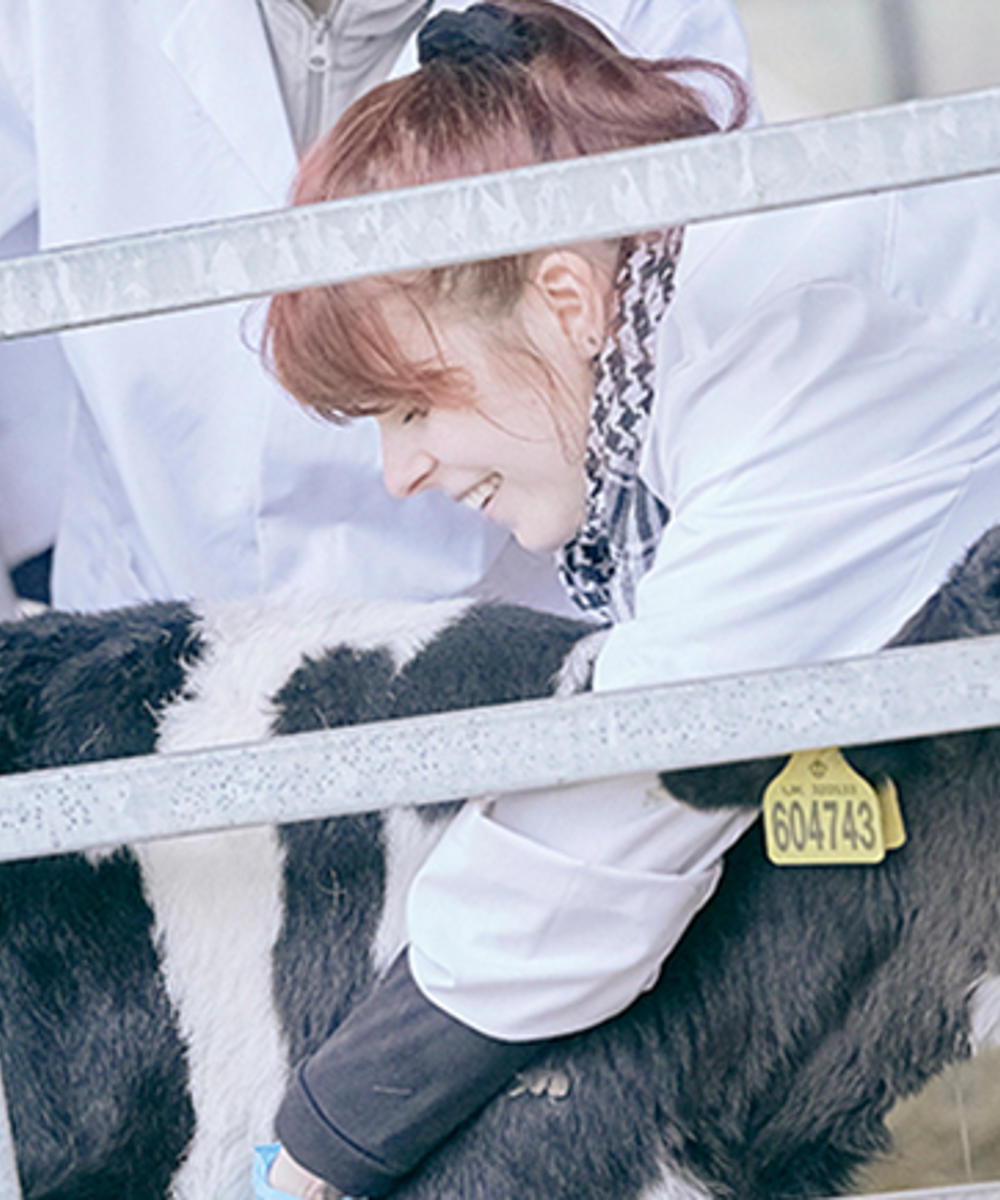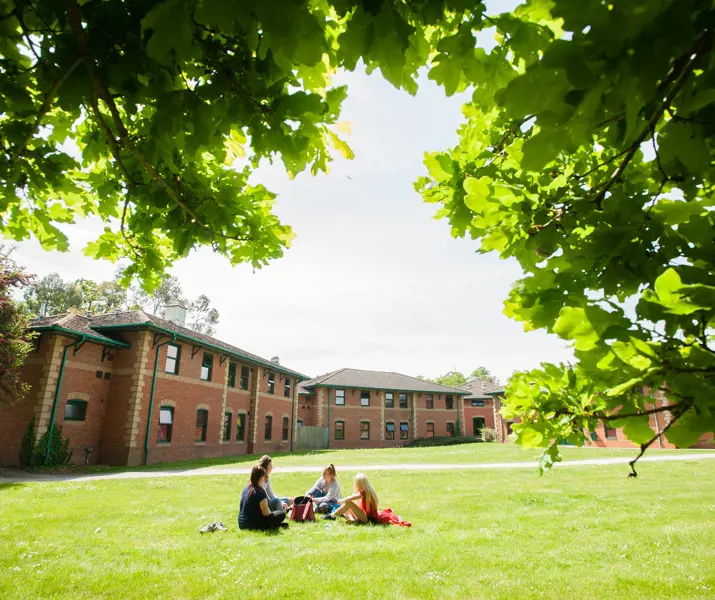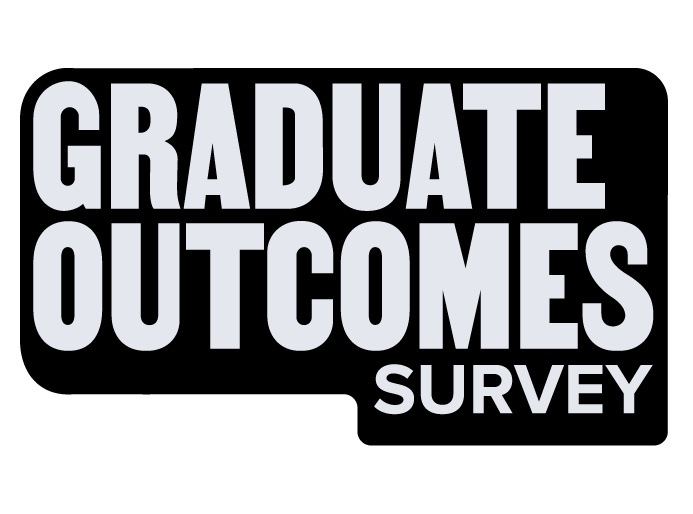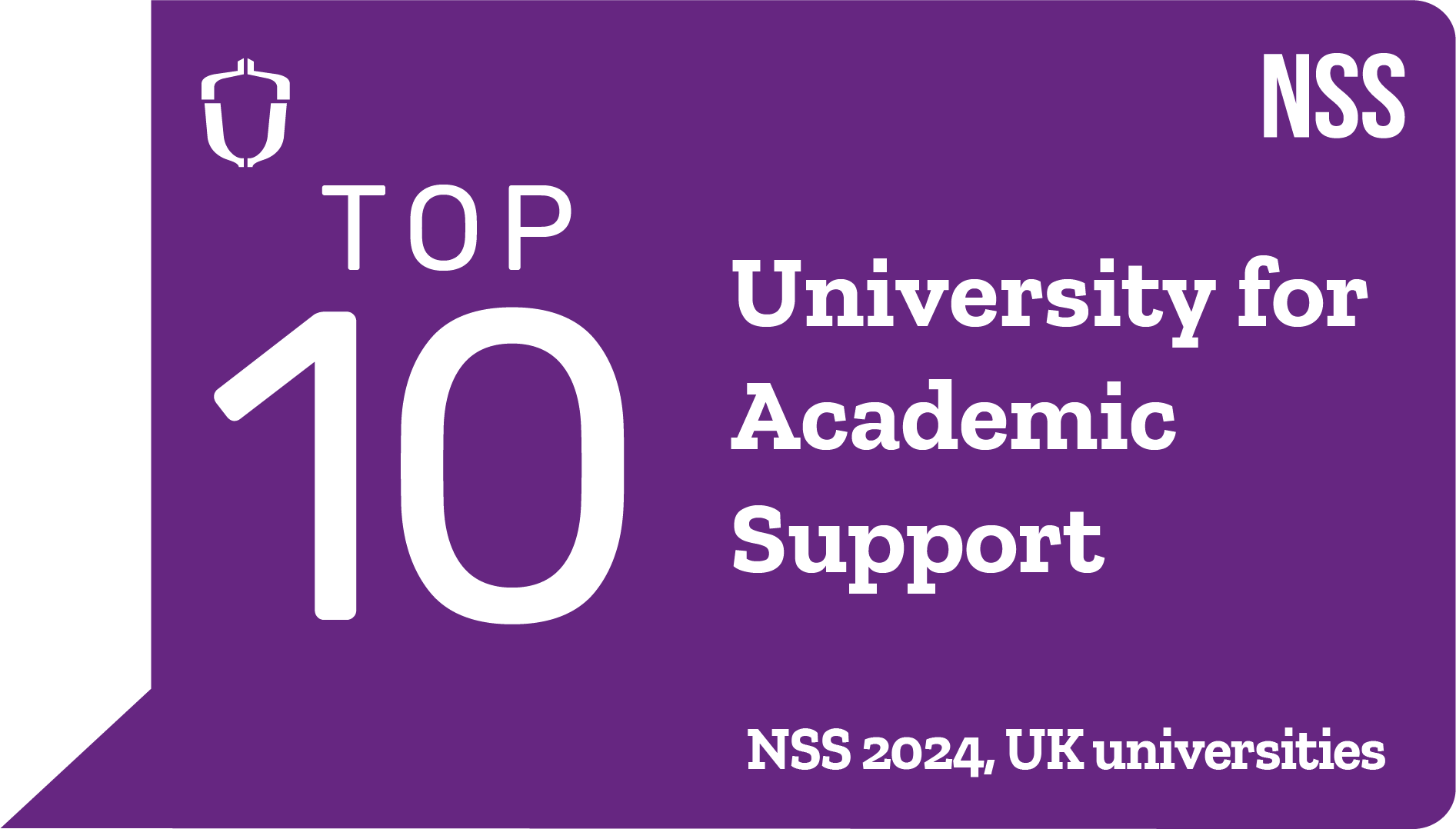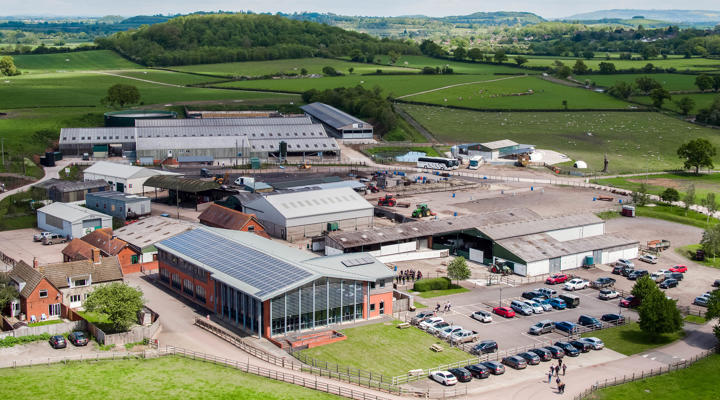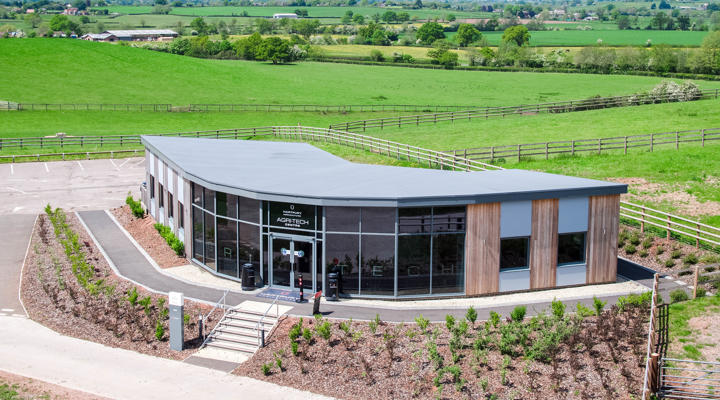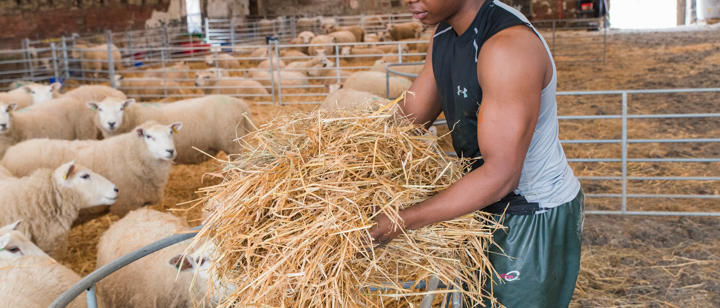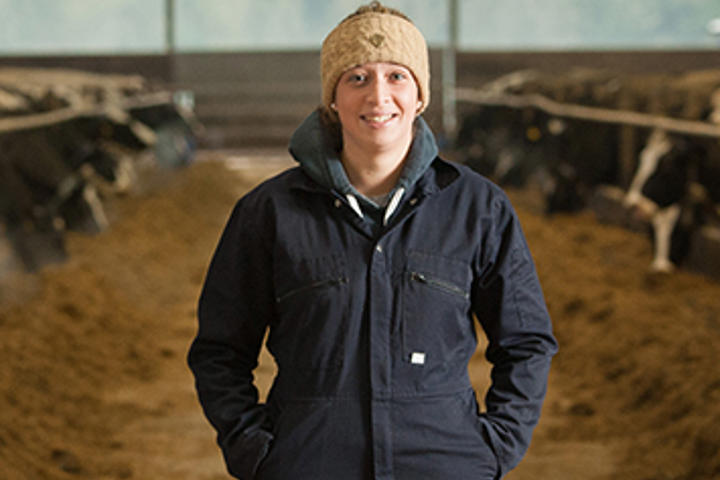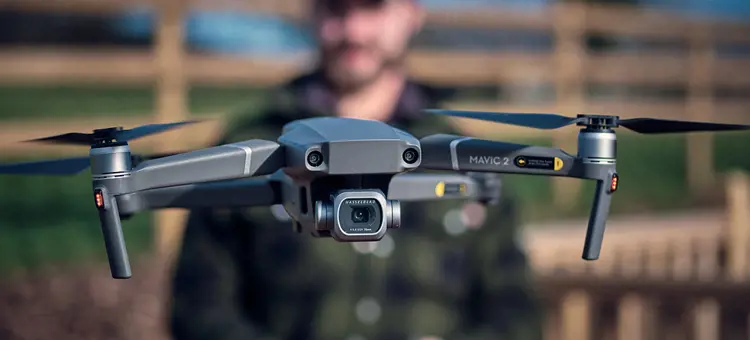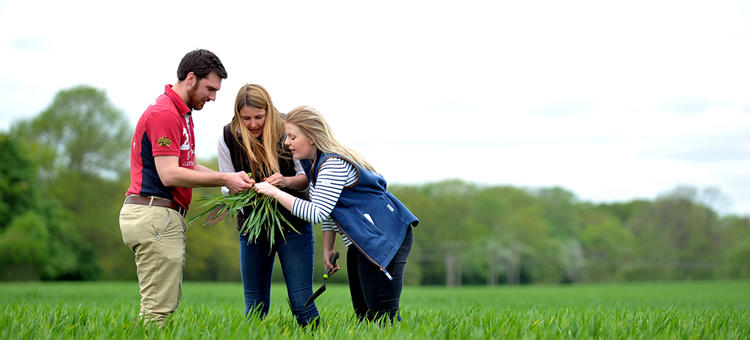You’ll how to build a productive, resilient and sustainable industry - whether as a farm manager, agronomist, economist, policymaker, researcher, scientist or consultant – career opportunities are diverse. The extensive industry experience of lecturers, an on-campus commercial farm that supplies Müller, AVP, and RJ Kerr, as well as a modern Agri-Tech Centre will prepare you to make that positive impact on the future.
You'll have access to 380 hectares of commercial farmland, offering plenty of opportunities to get hands-on. This, alongside real-world business briefs and industry placements. You’ll benefit from up to 300 hours engaging in and with the industry as part of your degree.
This includes a supported work placement during the first year of study that counts as credits towards your degree meaning you'll graduate ready for employment.
UCAS tariff points | 96-112 UCAS tariff points.
A Levels | CCC-BBC or equivalent from at least two full A Levels.
Vocational Awards | MMM - DMM in an Extended Diploma in a relevant subject.
Access | 96-112 UCAS tariff points in an Access to Higher Education Diploma.
International Baccalaureate | 96-112 UCAS tariff points in an IB Diploma, to include two Highers at H3 or above.
Scottish Highers | 96-112 UCAS tariff points from at least two Highers. You must have completed two years study at Higher Level.
Irish Leaving Certificate | 96-112 UCAS tariff points from at least two Highers.
T Level | An overall grade of Pass, to include grade C or above in the Core component.
Additional Information
In addition to the above, we require a minimum of five GCSEs at grade 9-4 (A*-C), to include English and Maths. We will consider equivalencies including but not limited to functional skills level 2, Irish Ordinary level, National 5s, IB standard level.
We will consider combinations of level three qualifications.
We welcome applications from individuals with equivalent, non-UK qualifications and mature students (over 21). We may interview as part of the application process.
The minimum academic entry requirement for this programme is 72 UCAS tariff points, providing this is combined with relevant experience.
Email us
Your support network
You'll benefit from a strong support network from day one to be the best you can be. This will range from your personal tutor and specialist academic support team (our Achievement and Success Centre) to dedicated wellbeing and employability (Innovation, Careers and Enterprise) centres.
Academic support
You’ll have your own personal tutor while you’re here who will support you to succeed in your studies. You’ll also have access to our academic and wellbeing support teams who run regular workshops and one-to-one sessions on campus and online.
Alongside this, we have a comprehensive bank of online study skills resources to help you make the most of your qualification.
Your learning experiences
You'll experience a range of teaching methods to strengthen your digestion of topics, including lectures, workshops and practical sessions, as well as supported work placement learning as part of many courses.
Your career
Each year of your course will be made up of two semesters, within which you’ll study compulsory and optional modules on different industry-focused topics, enabling you to develop your own unique portfolio of knowledge, skills and experience, ready for your career. The course is taught in English.

